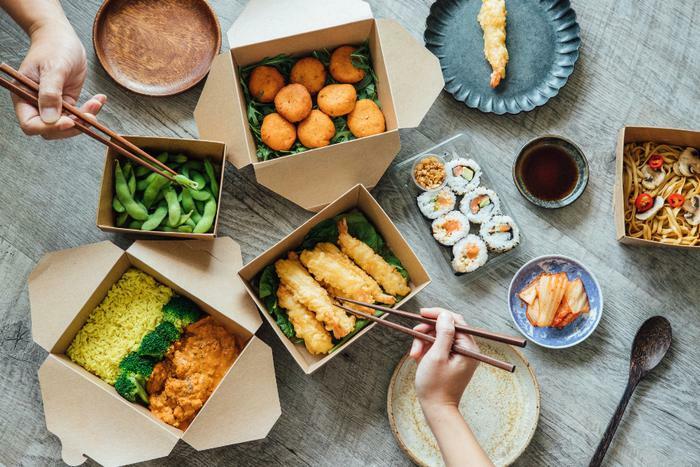Regulators get notice as substantial fees for foods shipping and delivery strike consumers’ wallets

With the pandemic’s in-cafe constraints forcing American shoppers to either cook at dwelling, do carryout, or have their meals sent, the ones who choose shipping have also experienced to try to eat the cost of that alternative.
Sometimes people shipping and delivery fees are as a great deal as the price of the foodstuff and regulators are beginning to get fed up with that disparity and having up the consumer’s plight to check out and even items out.
Squeezing out as substantially as they can
It will not be simple even though, largely simply because shipping firms say their financial gain margins are slender ample as they are. In its third-quarter convention connect with, Uber — the mum or dad of Uber Supply, the premier and speediest-escalating food stuff supply business outside the house of China — gave an illustration of an eater who orders a $30 meal. By the time shipping/company charges tacked on, and the cafe will get its regular 30 percent marketplace price, the modified net profits is $8.
Although $8 looks like a honest income, it evidently isn’t when company bean counters commence weighing in. To attempt to get paid a several extra cents off of a shipping and delivery, UberEats, DoorDash, and Postmates are hoping to exam price elasticity where ever they can by working with site, availability, and supply priority to squeeze much more out of an buy.
When the New York Instances broke down the linked costs on an get of two 6-inch Turkey Breast sandwiches from Subway final calendar year, it found markups were being 25 % from GrubHub, 46 percent from DoorDash, 63 per cent from Postmates, and a whopping 91 per cent applying UberEats. Oh — and that does not include a tip, either.
Regulators acquire observe
When Californians recently handed Proposition 22 which retains drivers categorized as impartial contractors, voters almost certainly failed to think they would be buying up the tab for the included advantages drivers bought as element of the deal.
These additional expenses haven’t absent unnoticed. In September, congressional leaders from Illinois, Pennsylvania, and Washington state fired a shot across the bow of shipping operators, inquiring the Federal Trade Fee (FTC) to investigate the businesses for possible unfair procedures tied to cost buildings.
“COVID-19 has made places to eat increasingly reliant on food stuff shipping and delivery platforms as measures to cut down the unfold of the virus keep on to limit in-person dining,” the Sept. 22 letter signed by U.S. Representatives Jan Schakowsky (D-Unwell.), Mary Gay Scanlon (D-Pa.), and Pramila Jayapal (D-Wash.) stated.
The congresswomen had an additional issue — that the trio of Uber, DoorDash, and Grubhub controls approximately 98 percent of the overall U.S. marketplace.
Exactly where is this all heading? On major of not producing regulators fond of their organization types, foodstuff supply services also have to concern on their own with what occurs when the pandemic will come to an end and individuals go back again to eating within of dining places.
“It is no shock that shipping and delivery platforms are attempting to pass on prices imposed by regulators. The risk is that their shoppers commence to stage away from the table,” reported the Wall Road Journal’s Laura Forman.
